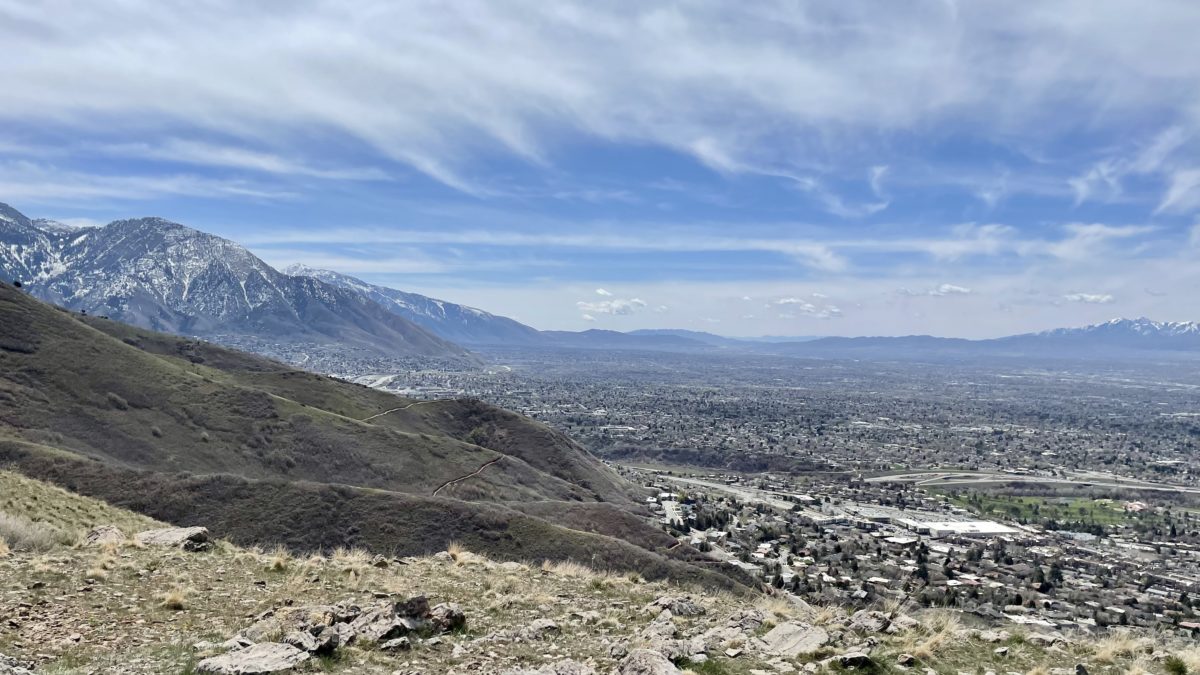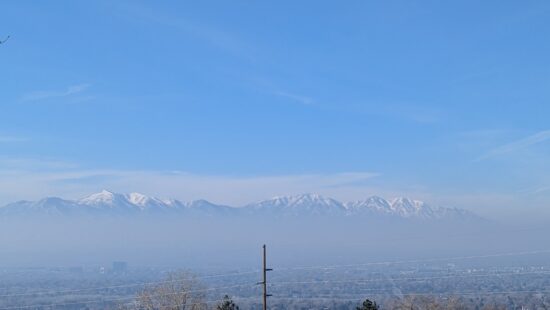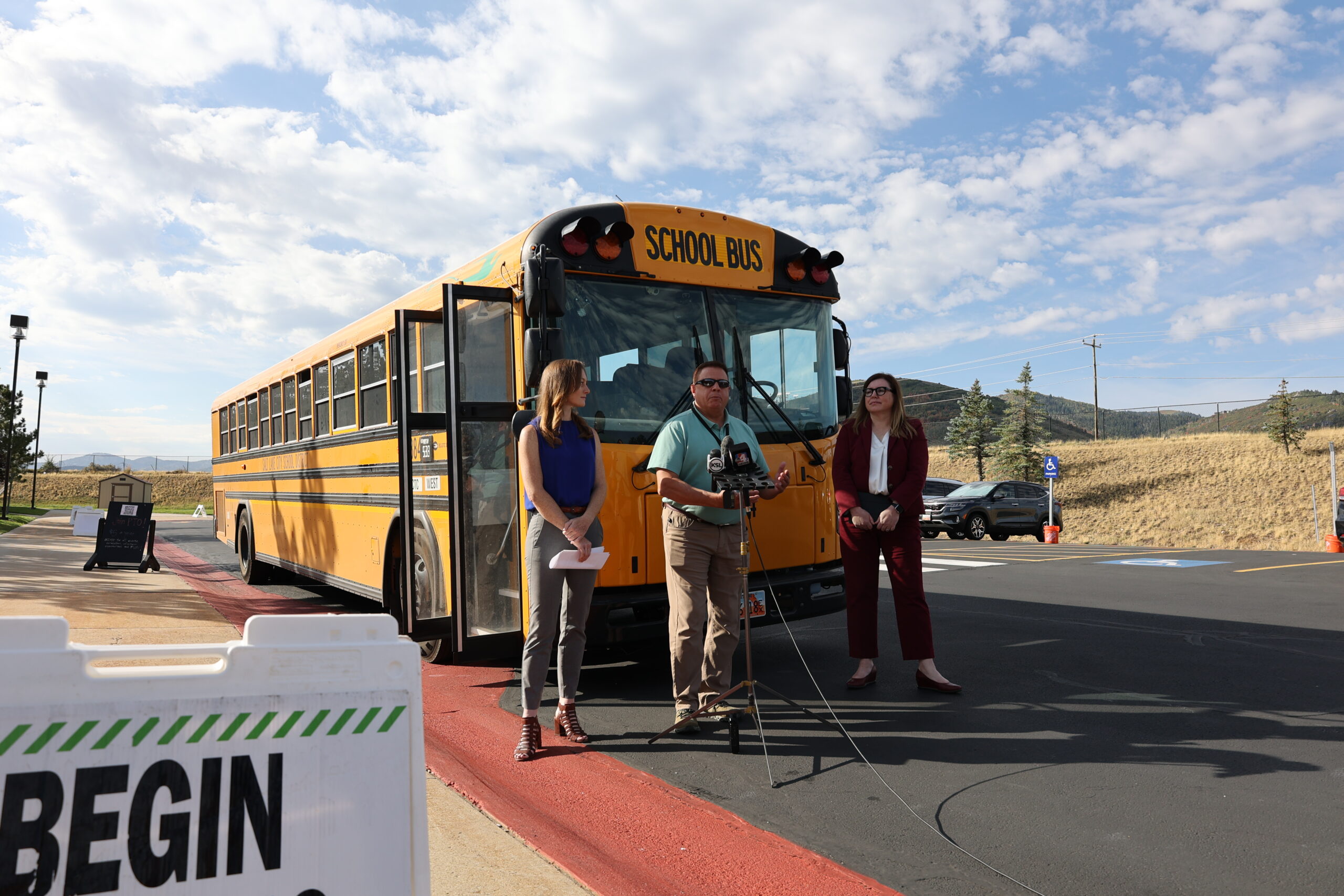News
EPA proposing measure that would force Utah and other Western states to cut emissions

The Salt Lake Valley in April. Photo: TownLift
SALT LAKE CITY — Using a mechanism in the Clean Air Act called the “Good Neighbor Rule,” the Environmental Protection Agency (EPA) is looking at potentially forcing Utah, Wyoming, Nevada, and California to reduce emissions due to their impact on air quality in nearby states, according to the Denver Post.
Prior to the announcement, the Good Neighbor Rule had never been implemented west of Texas.
“This proposed rule specifically targets Western energy-producing states and is not an all-of-the-above solution,” Wyoming Gov. Mark Gordon said in a statement to The Denver Post. “Instead, it will harm states like Wyoming who meet ozone standards and benefit more populous states that use our energy but do not meet their own ozone standards.”
The move follows the EPA’s decision earlier this month to propose increasing the Salt Lake City area’s nonattainment status from “marginal” to “moderate” for federal air quality standards. If finalized, Utah would need to adopt additional measures to reduce emissions. The state previously tried to attribute its poor air quality to Asia.
Per the Federal Register, the northern Wasatch Front is one of 24 areas in the U.S. that the EPA says has failed to meet deadlines for reducing ozone pollution.
“Right now, the plans we’ve got from Utah and Wyoming don’t have any controls contemplated to help Denver out,” Carl Daly, acting director of the air and radiation division for the EPA’s Region 8 in Denver told the Post.
The EPA is currently accepting public comments on the proposal.


















